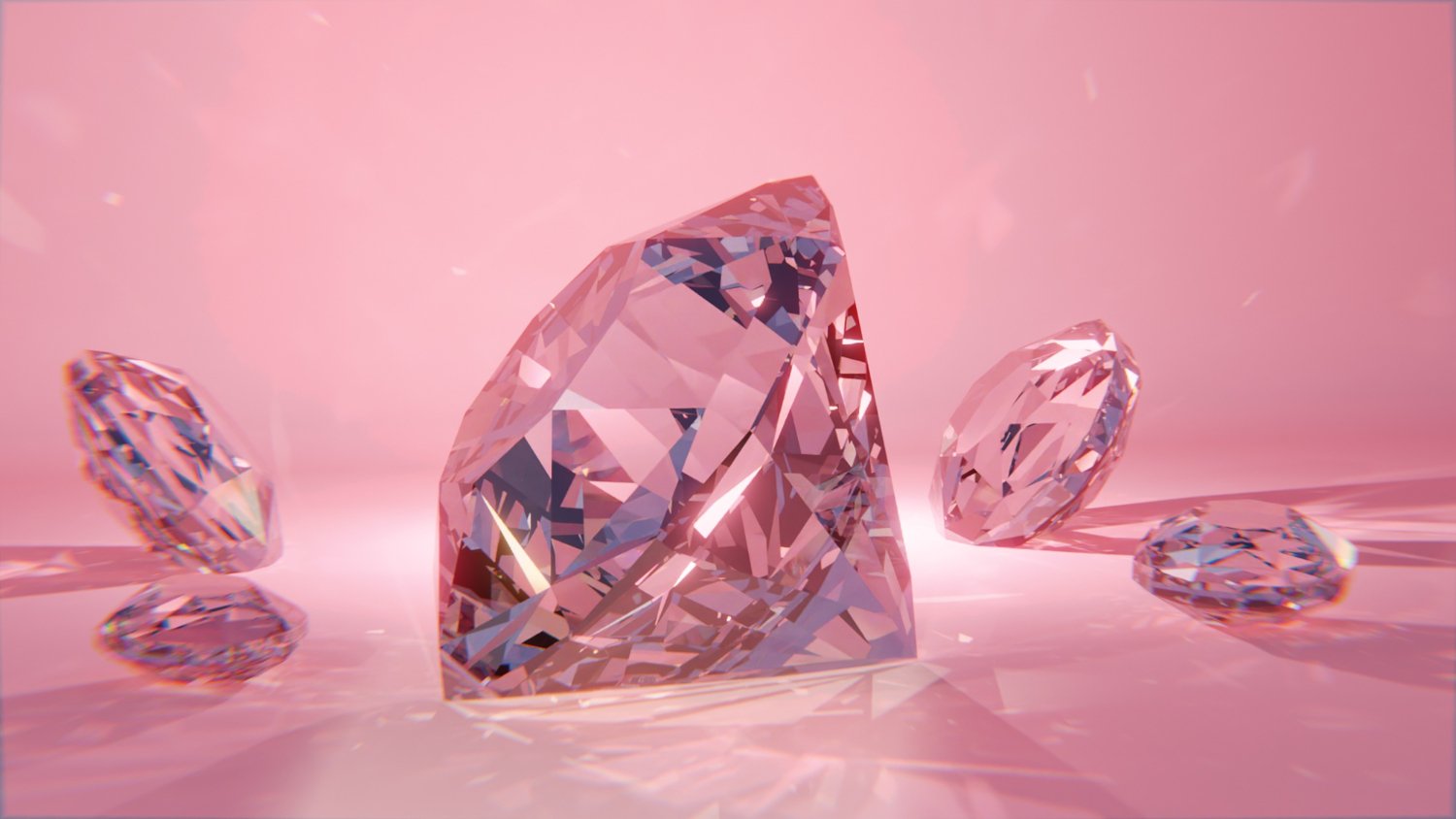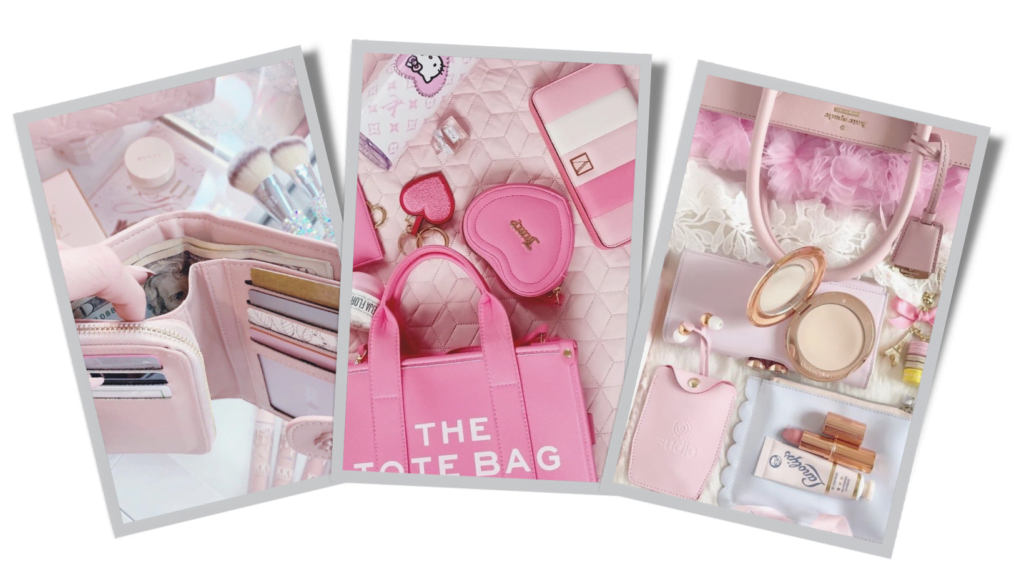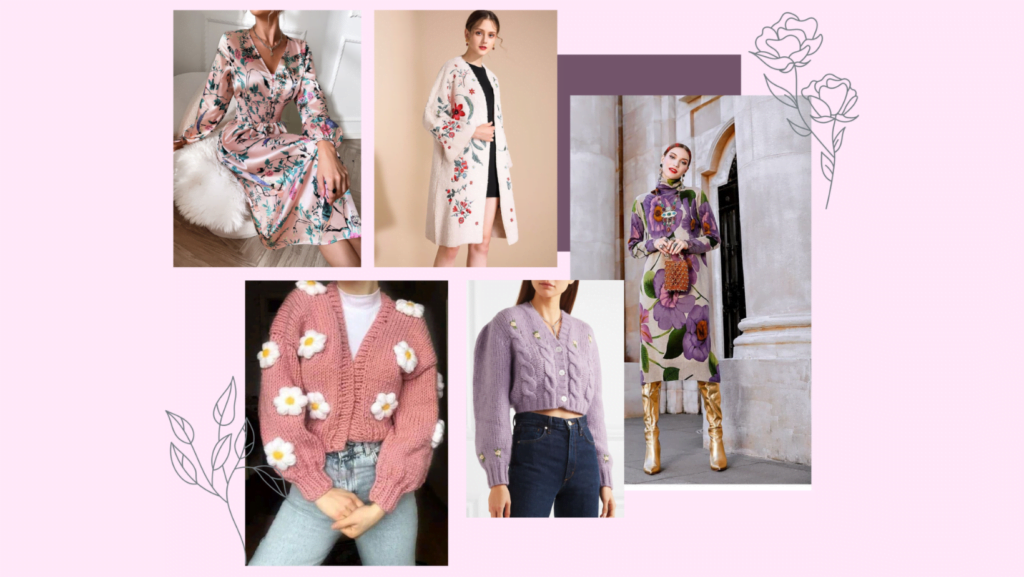Diamonds – symbols of love, luxury, and forever. But have you ever wondered about the story behind that sparkling stone? It’s not always a fairytale. For decades, the diamond industry has been shrouded in controversy, with issues ranging from human rights abuses to environmental damage. But fear not, sparkle lovers! Times are changing, and a growing number of conscious consumers are demanding diamonds with a conscience.
Let’s dive into the world of ethical and sustainable diamonds. It’s a sparkly journey that’s as beautiful as the diamonds themselves.
The Dark Side of Sparkle
Before we get to the good stuff, let’s talk about the not-so-good. Historically, the diamond industry has faced some serious challenges. Conflict diamonds, often referred to as “blood diamonds,” have funded wars and fueled human rights abuses. Plus, traditional diamond mining can be incredibly harmful to the environment, with practices like deforestation and water pollution leaving lasting scars on our planet.
It’s a harsh reality, but it’s important to understand the issues to appreciate the progress that’s been made.
A Brighter Future for Diamonds
The good news is that the diamond industry is evolving. A growing number of jewelers and consumers are committed to making a positive impact. So, what does it mean to choose an ethical and sustainable diamond?
- Conflict-free Diamonds: This is the first step. By purchasing conflict-free diamonds, you’re ensuring that your stone hasn’t financed violence.
- Fair Labor Practices: Look for diamonds that come from mines with fair labor standards. This means workers are treated with respect, paid fairly, and work in safe conditions.
- Environmental Responsibility: Diamonds should sparkle without harming the planet. Choose stones from mines that prioritize environmental protection and have minimal impact on ecosystems.
- Lab-grown Diamonds: These are created in a laboratory, eliminating the environmental and ethical concerns associated with mining. They’re chemically, physically, and optically identical to natural diamonds, but with a clear conscience.
How to Spot an Ethical Diamond
So, how can you tell if a diamond is truly ethical and sustainable? Here are a few tips:
- Certifications: Look for certifications like the Kimberley Process Certification Scheme (KPCS) for conflict-free diamonds and other certifications that verify ethical and environmental standards.
- Transparency: Reputable jewelers will be transparent about their sourcing practices. They should be able to tell you where the diamond comes from and the conditions under which it was mined.
- Traceability: Some diamonds have unique identification numbers that allow you to trace their journey from mine to market.
- Do Your Research: Learn about different diamond certifications and the companies behind them. Knowledge is power!
A Sparkling Future
Choosing an ethical and sustainable diamond is more than just a personal choice; it’s a statement. It’s saying that you care about people and the planet. It’s a small step, but it can contribute to a bigger change.
So, the next time you’re considering a diamond, remember, it’s not just about the sparkle – it’s about the story behind the stone. Let’s work together to create a future where diamonds are truly a symbol of love, luxury, and responsibility.
Retailers and Brands Offering Ethical and Sustainable Diamonds
Choosing a retailer or brand committed to ethical and sustainable practices can be challenging, but it’s worth the effort. Here are some reputable options to consider:
- Brilliant Earth: Known for its transparency and ethical sourcing.
- VRAI: Offers lab-grown diamonds with a focus on sustainability.
- Blue Nile: While primarily known for its online platform, Blue Nile also prioritizes ethical sourcing and offers conflict-free diamonds.
- James Allen: Known for its high-quality diamonds and detailed product information. While they emphasize ethical sourcing, specific details about their sustainability practices might be limited.
- Pandora: Primarily known for its charm bracelets, Pandora also offers diamond jewelry. Their focus is on design rather than ethical sourcing, so it’s essential to research their practices.
- Abtin & Company: A luxury jewelry brand, Abtin & Company offers a range of diamond jewelry. Their commitment to ethical sourcing and sustainability should be verified.
Disclaimer: This post may contain affiliate links. This means that if you click on a link and make a purchase, we may receive a small commission at no extra cost to you.



